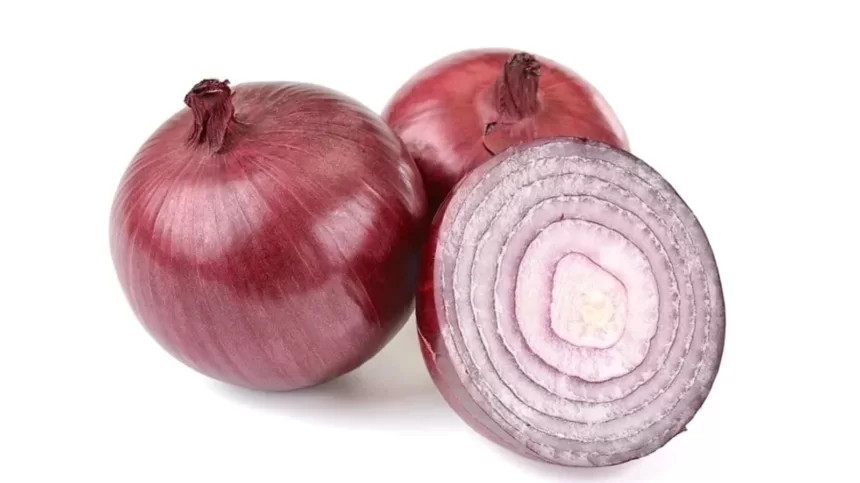Onions are a common kitchen staple, but while they add flavor to your dishes, it’s essential to be aware of their potential health hazards. Just like any other food, onions can have side effects that may negatively impact your well-being.
This article highlights five potential dangers associated with consuming raw onions and provides valuable insights into maintaining a balanced and healthy diet.
1. Food Allergies:
Food allergies are a widespread concern and can be triggered by various items, including onions. These allergies occur when your immune system reacts to proteins found in specific foods. Onions belong to the Liliaceae family, alongside garlic, asparagus, and leeks, which can lead to allergenic cross-reactivity.
In simpler terms, if you’re allergic to one of these vegetables, you might develop an allergy to onions as well. If you experience severe discomfort or allergic reactions after consuming raw onions, it’s wise to limit or exclude them from your diet and consult a healthcare professional for guidance.
Additionally, if you have underlying medical conditions or take medications that may interact with onions, consult your healthcare provider for personalized advice.
2. Heartburn and Acid Reflux:
Onions have a known effect on relaxing the lower esophageal sphincter (LES), potentially causing stomach acid to flow back into the esophagus. This can lead to heartburn and acid reflux in some individuals.
3. Persistent Bad Breath:
The sulfur compounds present in onions can contribute to persistent bad breath. The pungent odor of raw onions can linger on your breath even after consumption.
4. Allergic Reactions:
Although rare, some individuals may be allergic to onions. Allergic reactions can manifest as mild symptoms like itching, hives, or swelling, or more severe responses like difficulty breathing. If you suspect an onion allergy, seek immediate medical attention.
5. Increased Bleeding Risk:
Onions contain vitamin K, a nutrient essential for blood clotting. However, consuming large quantities of raw onions, especially in supplement form, might potentially elevate the risk of bleeding, particularly in individuals taking blood-thinning medications such as warfarin.
Conclusion:
While onions can undoubtedly enhance the flavor of your meals, it’s crucial to be mindful of their potential health implications. Understanding the risks associated with raw onion consumption allows you to make informed dietary choices. Remember that moderation is key, and if you encounter adverse reactions or have underlying health concerns, consulting a healthcare professional is the best course of action. A balanced and healthy diet considers both the benefits and potential drawbacks of the foods you consume.






